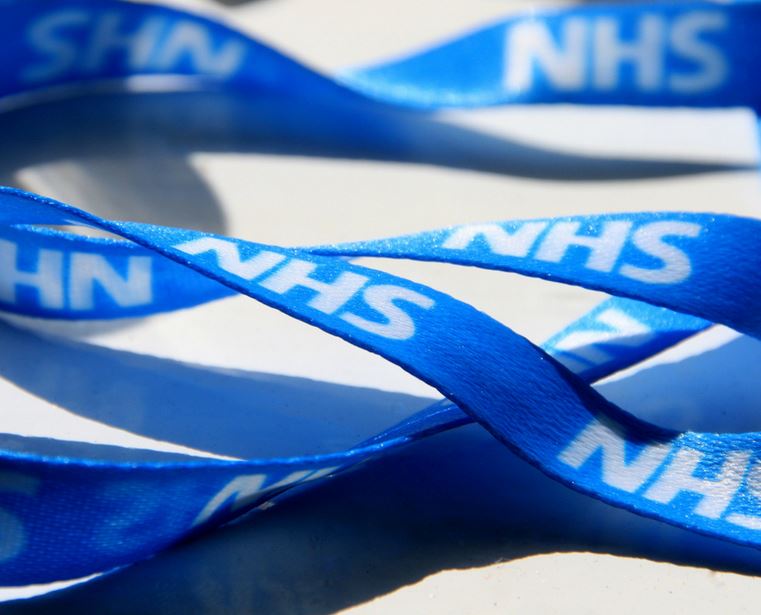
Ongoing industry and public sector efforts to put the NHS’s immensely rich but hugely fragmented datasets to work got a lift this week, with the launch of seven new NHS data hubs.
Established on the back of a £37 million investment (via a government fund launched in 2017), they aim to create a UK-wide system for the “use of health-related data on a large scale” .
The hubs together involve over 100 private and public partners.
Tech vendors contracted to support the work include IBM and Microsoft (for “world-class technical expertise in IT systems and large-scale secure data handling”), a release today notes.
The hubs aim to make it significantly easier for both NHS and private sector parties to make use of some of the richest health datasets in the world.
Despite the incredible depth of NHS data it has, until now — as Professor Aziz Sheikh, director of the charity BREATHE puts it — been “fragmented, inconsistently structured and cumbersome to access.”
The new NHS data hubs span:
- A cancer hub that aims to use cancer data from across the UK to improve patient care, diagnose the disease earlier, provide early access to new medicines
- An eye health hub that will run AI on data to develop new insights in eye disease and how this applies to wider health such as dementia and diabetes;
- An inflammatory bowel disease hub to try to understand how Crohn’s Disease and Ulcerative Colitis respond differently to treatments;
- An acute care hub that will use data from community health, the ambulance service and hospitals to help improve clinical care;
- A clinical trials hub to increase opportunities for patients to participate in clinical trials (” identifying potentially suitable patients (to enable rapid recruitment tailored to patient needs”)
- A respiratory hub that aims to improve the lives of people with respiratory conditions, such as asthma and chronic obstructive pulmonary disease (COPD)
- A hub that aims to use real world data to improve understanding of many long-term conditions, starting with Type 2 Diabetes.
The latter hub is among the most intriguing for its attempt to assess “real-time” patient data.
Dubbed “Discover-NOW” it is being led by Imperial College Health Partners (ICHP), a non-profit partnership organisation owned by the NHS (and led by a group of hospitals, clinical commissioners and universities in North West London).
As the Discover-NOW team note: “Historically health research has predominantly used data to look retrospectively. Through safe and secure curation of patient information, Discover-NOW will provide leading clinicians, researchers and scientists with access to de-identified linked patient information at scale in near to real time.
“This will enable them to look prospectively to identify new patterns in disease thus helping us to better manage many conditions and, in some cases, prevent them happening in the first place.”
See also: These “Data Trust” Pilots are a Taste of the Future
A key challenge for the public sector has been to structure who owns data, who owns the IP that emerges from running machine learning workloads on it, and how to tackle public ambivalence to data sharing.
The House of Commons’ Science and Technology Committee last year urged the government to “realise more value” tied up in restricted public data sets, including those of the NHS, and hold them in such data trusts; including by demanding more from the companies granted access to it for research and development purposes.
Its May 2018 report, “Algorithms in decision-making”, noted: “The Government could… negotiate for the improved public service delivery it seeks from the arrangements and for transparency, and not simply accept what the developers offer in return for data access…”
It was not immediately clear how data ownership was structured for the seven new hubs, nor the commercial relatioships with private-sector partners able to access the data sets involved. Computer Business Review has asked NHS Digital for further information and will be covering the initiative in more detail in the coming weeks.






